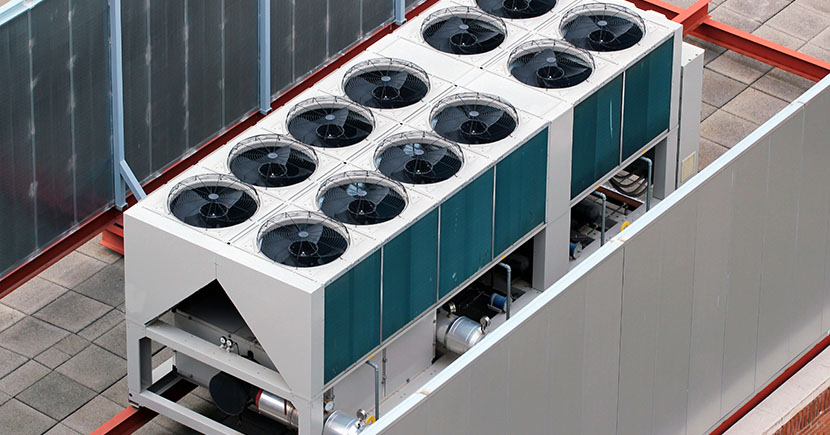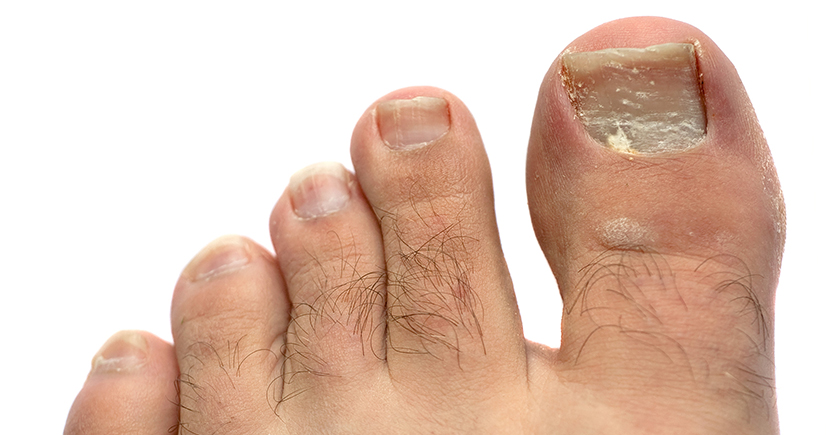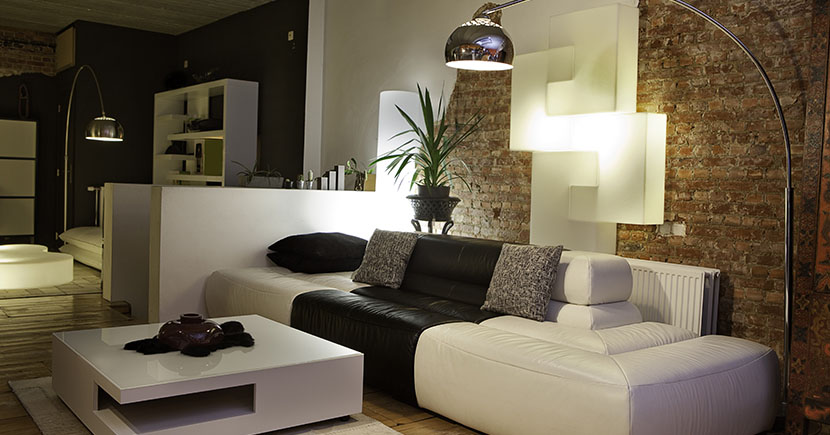Heat pumps are a cornerstone in the realm of heating, ventilation, and air conditioning (HVAC). Over the years, many HVAC companies have innovated and optimized them to provide comfort to countless homes and commercial spaces. These companies have also driven significant advancements in heat pump technology. With their fundamental workings and their indispensable role in commercial HVAC systems, heat pumps are set to have a promising future in the industry.
The Basics of Heat Pumps
Heat pumps are devices that move heat from one place to another. They can be used for both heating and cooling. Their main job is to transport heat, making spaces warmer or cooler as needed.
The Role of the Refrigerant
Firstly, heat pumps have a special fluid called a refrigerant. This fluid can easily change between a liquid and a gas. When it changes form, it either absorbs or releases heat. This transformation is essential for the heat pump’s operation.
Cooling with Heat Pumps
Imagine you have a cold room and a hot outdoor environment. If you want to cool the room, the heat pump takes the heat from the room and sends it outside. The refrigerant inside the indoor unit evaporates, absorbing heat from the room. The gaseous refrigerant then moves to the outdoor unit. Here, it condenses back into a liquid, releasing the absorbed heat outside. This process makes the room cooler.
Heating with Heat Pumps
On the flip side, when you want to heat a room, the process reverses. The heat pump collects heat from the outdoor environment, even if it’s cold. It then transports this heat into the room. By evaporating the refrigerant in the outdoor unit, it absorbs heat from outside. This gaseous refrigerant travels to the indoor unit. There, it condenses back to a liquid, releasing heat into the room. So, the room becomes warm.
Extracting Heat from Cold Air
You might be curious about how a heat pump can take heat from cold air. The truth is, even cold air contains some heat. Heat pumps are skillfully designed to extract this heat, making them efficient.
Efficiency and Electricity
Another vital point to mention is that heat pumps run on electricity. However, they are often more energy-efficient than traditional heaters or air conditioners. This efficiency comes from their ability to move existing heat instead of generating it from scratch.
Adaptability and Longevity of Heat Pumps
Over the years, heat pumps have shown remarkable adaptability to various environments and climates. Their design and function make them suitable for diverse settings, from homes in chilly areas to commercial spaces in warmer regions. Not only are they versatile in where they can be used, but they are also durable.
The Benefits of Using Heat Pumps in Commercial HVAC
Commercial spaces, like offices, malls, and restaurants, need a comfortable environment. They want to keep people warm in the winter and cool in the summer. To achieve this, they use heat pumps.
There are several reasons why businesses prefer heat pumps for their HVAC needs. Here are some of the main benefits.
Energy Efficiency
Heat pumps are energy savers. Instead of creating heat, they simply move it. This makes them more efficient than traditional heating systems. Businesses can save money on energy bills, which is always a good thing.
Versatility
Heat pumps are versatile. They can both heat and cool spaces. This means commercial spaces don’t need separate systems for heating and cooling. One heat pump can do both jobs. This makes things simpler and more cost-effective.
Environmentally Friendly
Heat pumps are also good for the environment. With the shift from oil to gas becoming more prevalent, the need for more energy-efficient solutions like heat pumps is evident. Since they are energy efficient, they reduce the carbon footprint of a building. Using less energy means producing fewer emissions, especially when compared to traditional oil-based systems. So, businesses that use heat pumps not only benefit from oil to gas but also contribute to a cleaner environment. You may want to consider getting help from oil tank replacement services Huntington if your house isn’t heating efficiently.
Space Saving
In commercial spaces, every inch counts. Traditional HVAC systems can take up a lot of room. But heat pumps are compact and take up less space. This allows businesses to use their space more effectively.
Low Maintenance
Heat pumps are also low maintenance. They have fewer parts that can break down compared to traditional systems. This means businesses spend less time and money on repairs and maintenance.
The Future of Heat Pumps in HVAC
Heat pumps have always been a central part of HVAC systems. But, as with all technology, they are evolving. In the coming years, we can expect to see some exciting changes in how heat pumps function and integrate into our daily lives.
The Rise of Efficiency
One of the most significant shifts in heat pump technology is efficiency. Researchers and companies are working on models that will use far less energy. Yet, these models will be just as powerful, if not more so. This increase in efficiency will help reduce electricity bills, making heat pumps a more attractive option for many homeowners.
Smart Heat Pumps
The digital age is influencing HVAC too. Soon, heat pumps will have smart features. These features will allow them to connect to home automation systems, smartphones, and other digital devices. People will enjoy the convenience of adjusting their home’s temperature from anywhere in the world. These smart systems will also help in diagnosing any issues with the heat pump, making troubleshooting easier.
Eco-Friendly Solutions
Environmental concerns are driving innovation in the HVAC industry. The heat pumps of the future will lean more towards green solutions. They will produce minimal emissions and will use refrigerants that have a lower impact on the environment. As a result, consumers can enjoy the comforts of a heat pump without worrying about harming the planet.
Stylish Designs
People today want appliances that are not only functional but also aesthetically pleasing. Manufacturers are listening. Newer heat pump models will come in sleek, modern designs. They will seamlessly fit into contemporary homes, making them an attractive feature rather than an eyesore.
Easier Installation and Maintenance
Nobody likes complicated installation processes or difficult maintenance tasks. The HVAC industry recognizes this. The heat pumps in development focus on ease of installation and straightforward maintenance. This approach will save homeowners time and reduce the potential costs of hiring professionals for simple tasks.
Conclusion
In the vast world of HVAC, heat pumps stand out as a testament to engineering ingenuity and the drive towards sustainability. From their basic operation to their significant benefits in commercial spaces and the ongoing advancements shaping their future, it’s evident that heat pumps will continue to play a pivotal role in ensuring our comfort. Additionally, as these systems become more common, the demand for heating service repair Port Jefferson related to heat pumps will likely increase, highlighting the importance of skilled professionals in this field.









